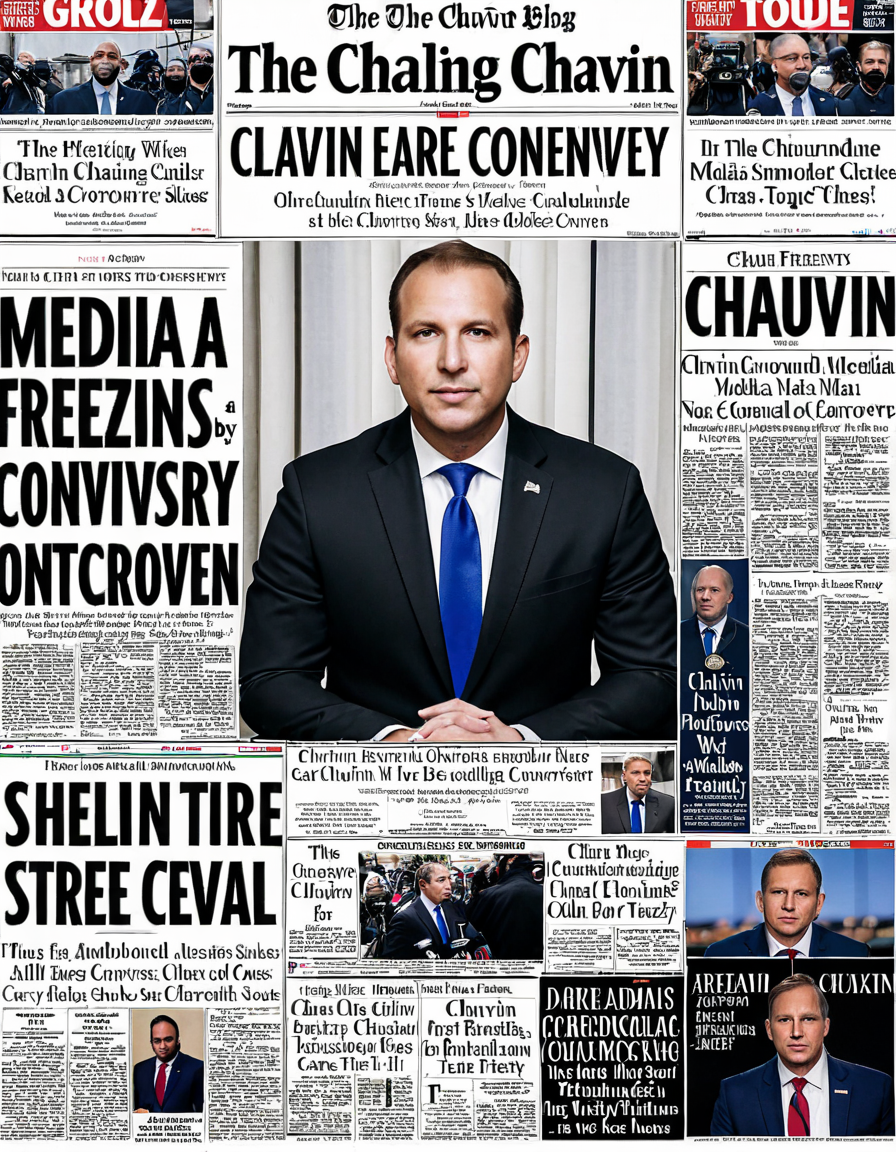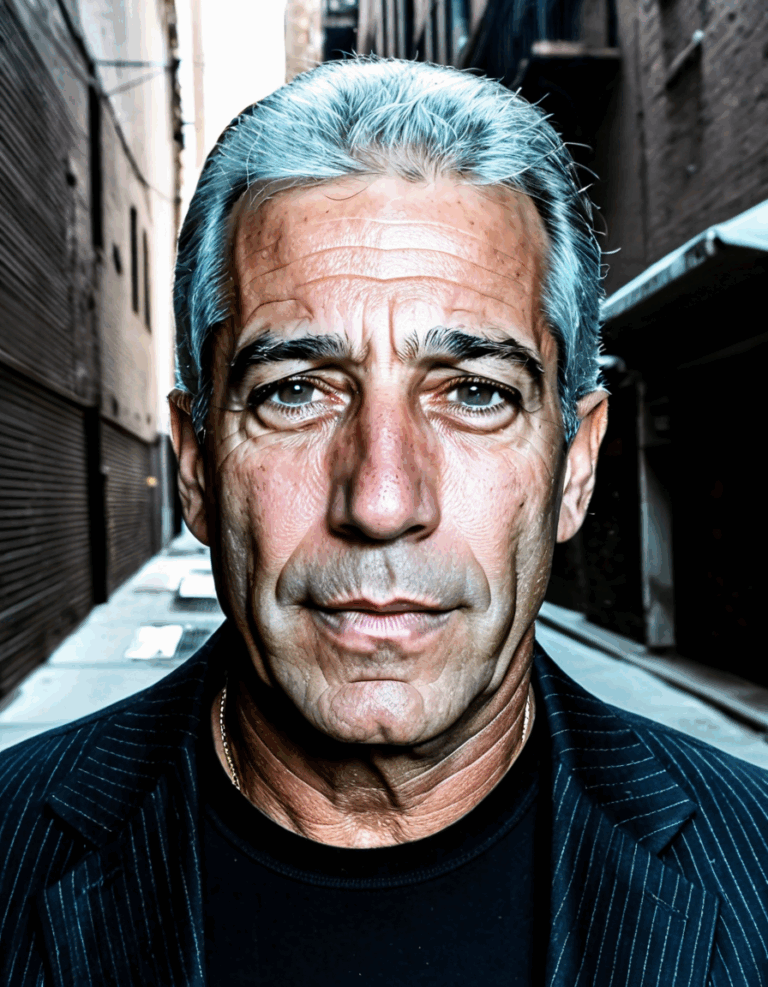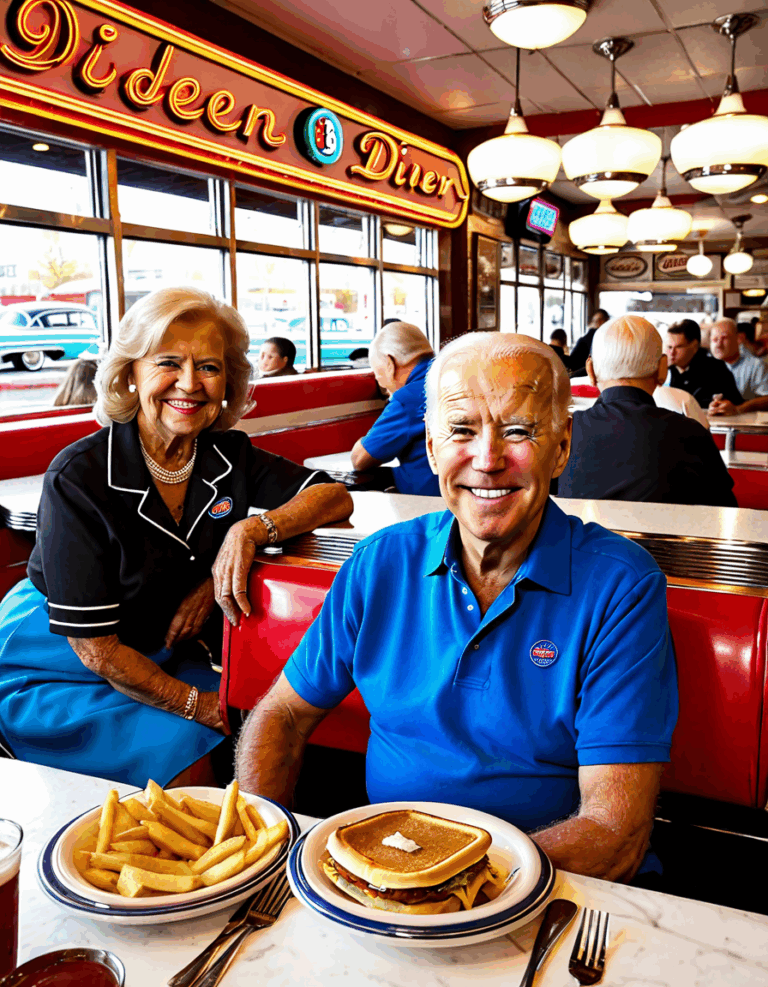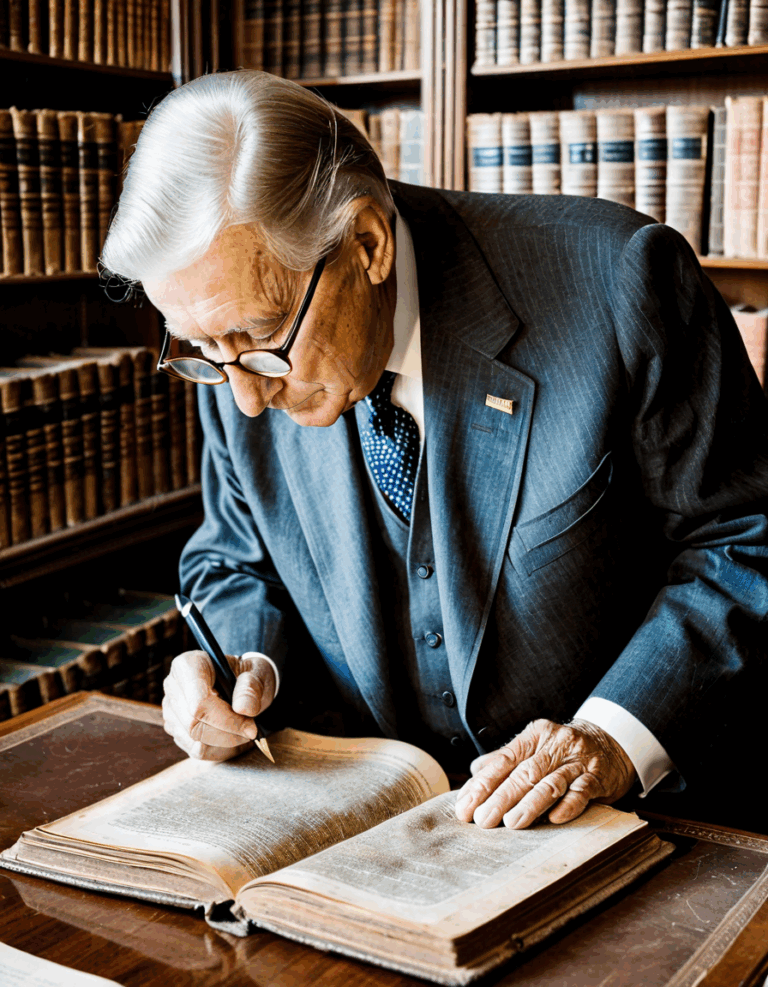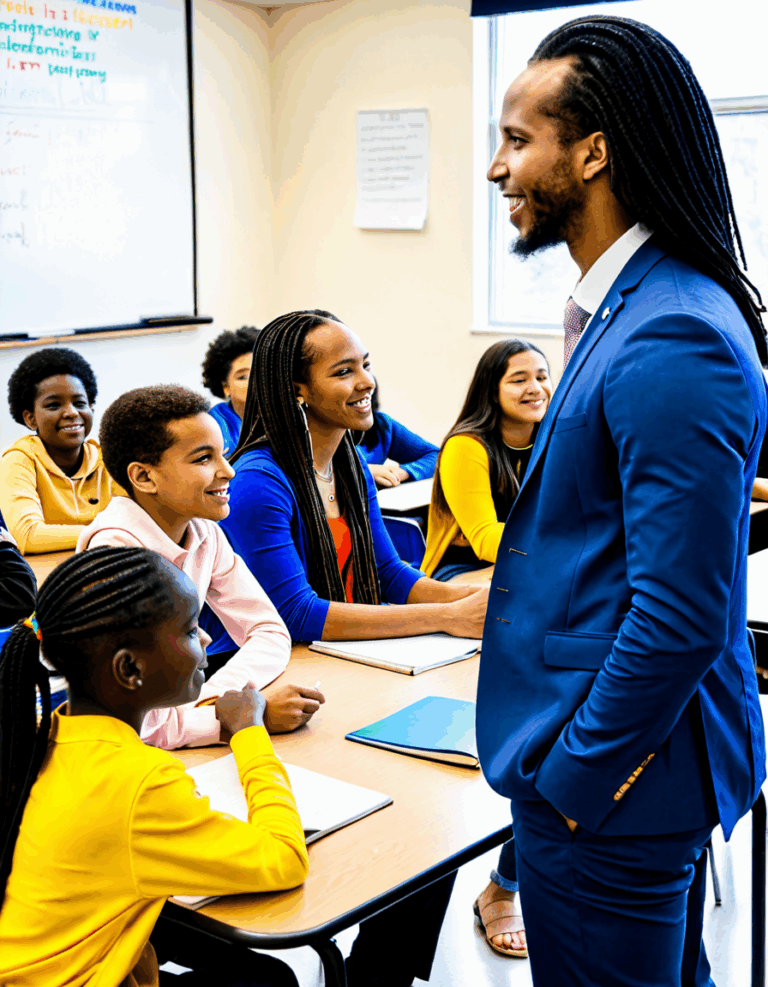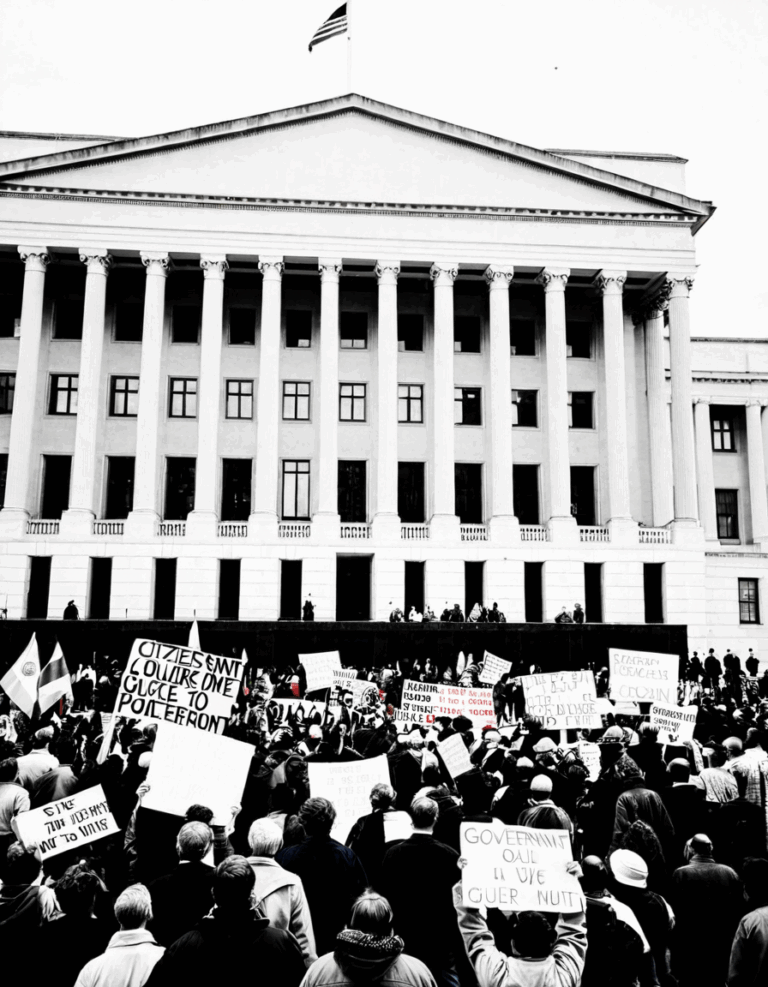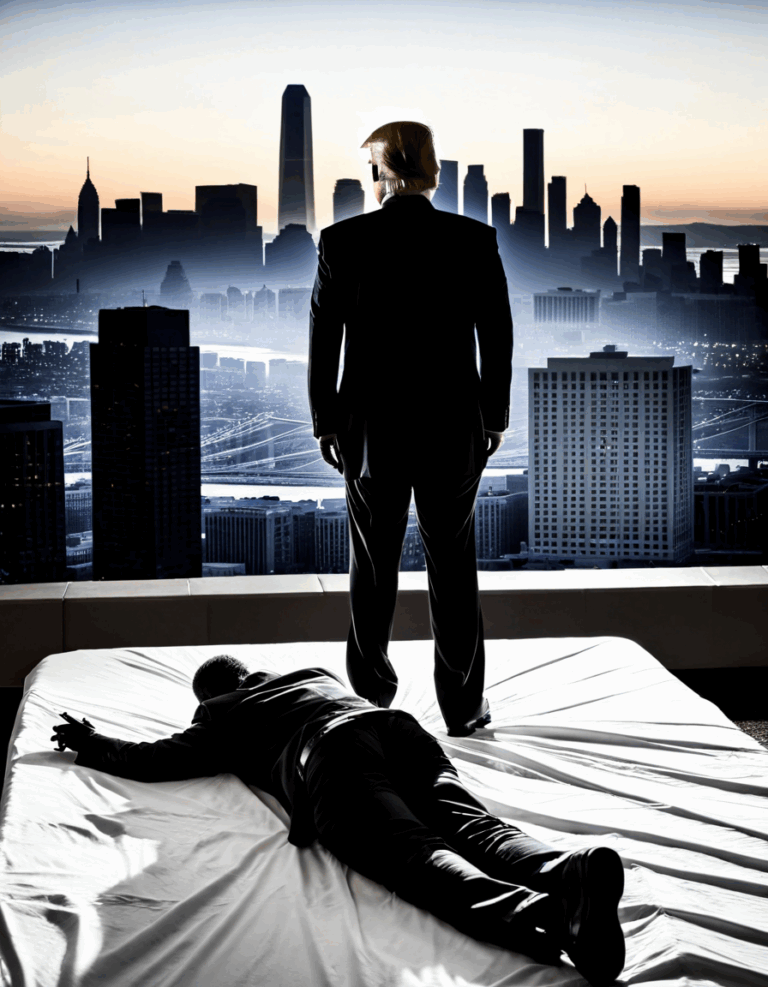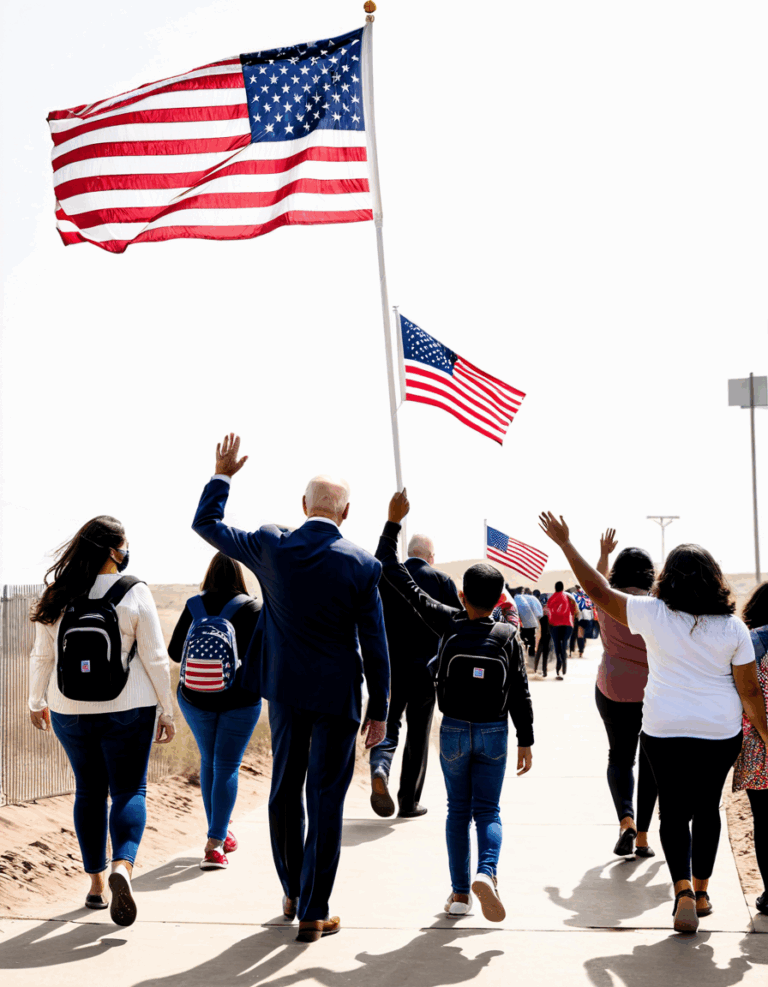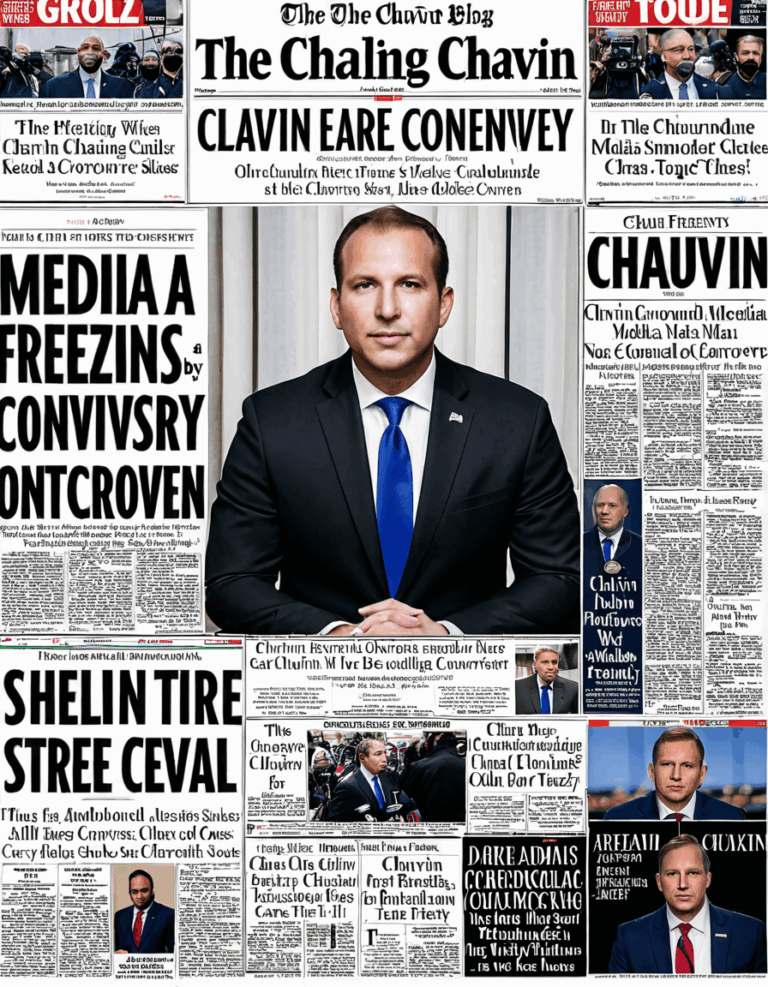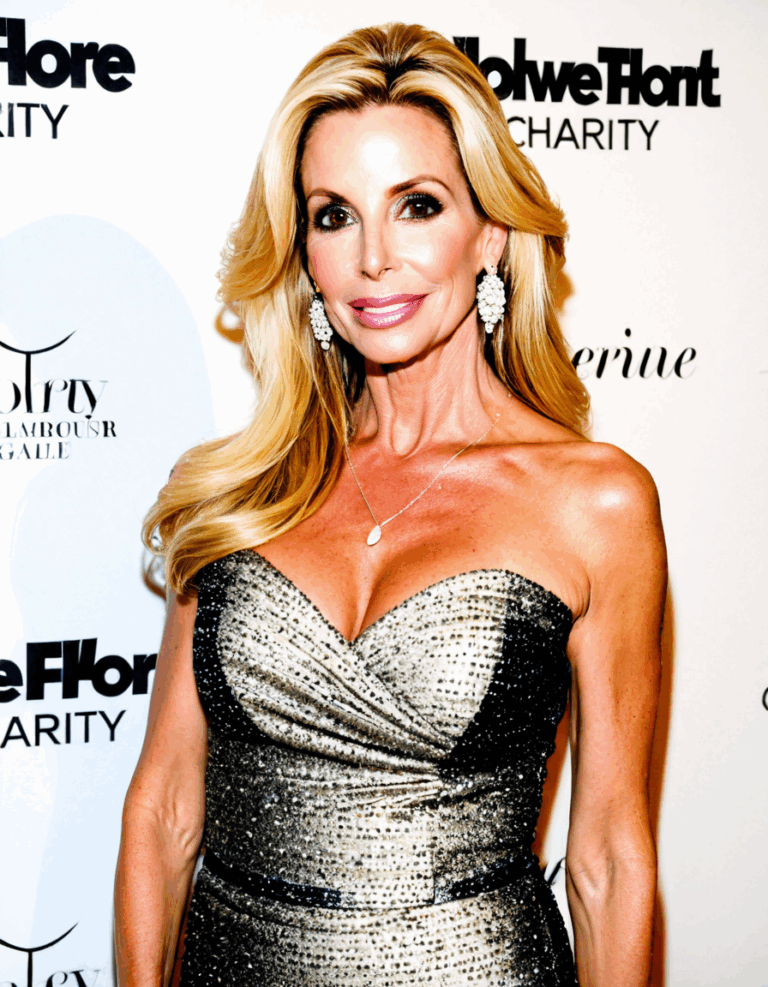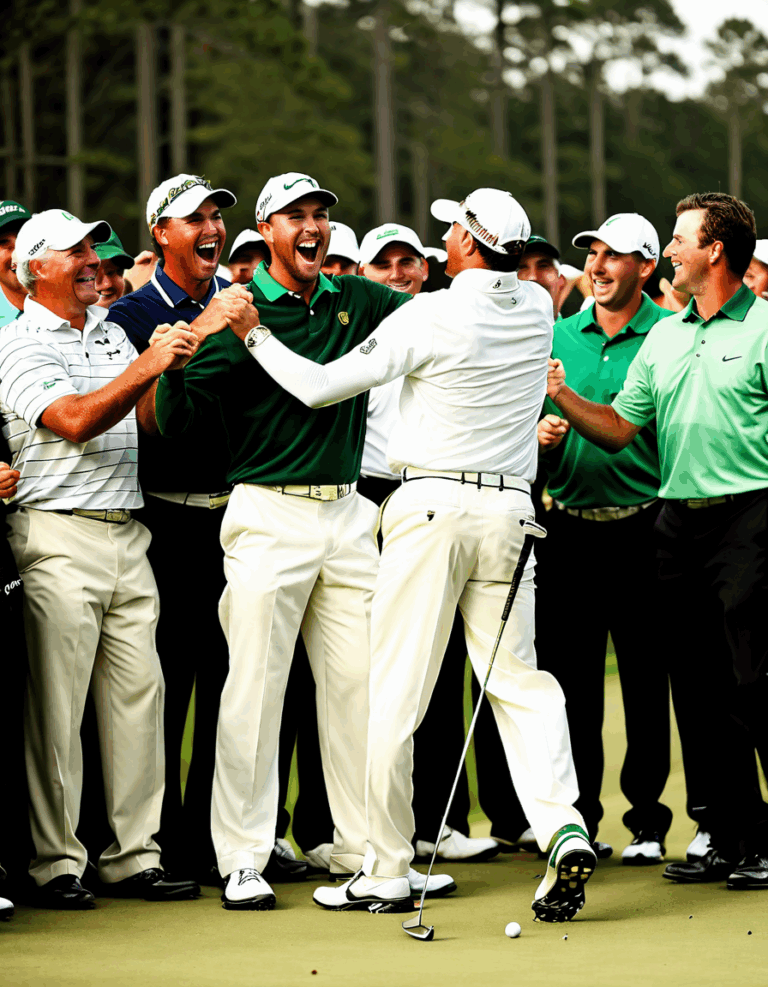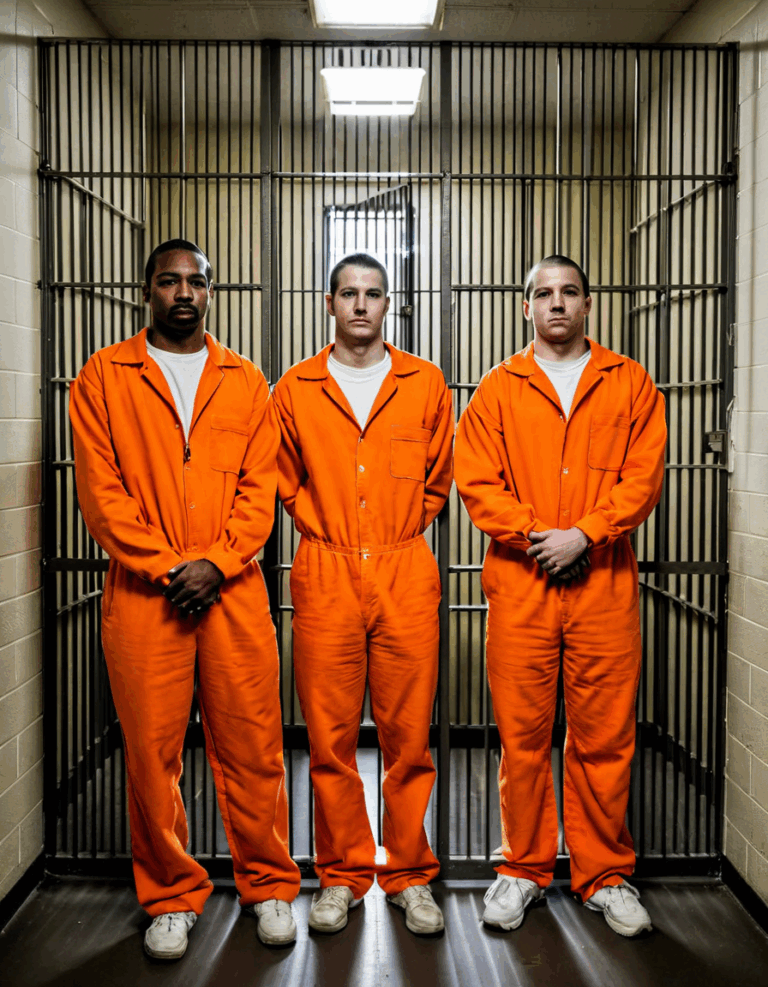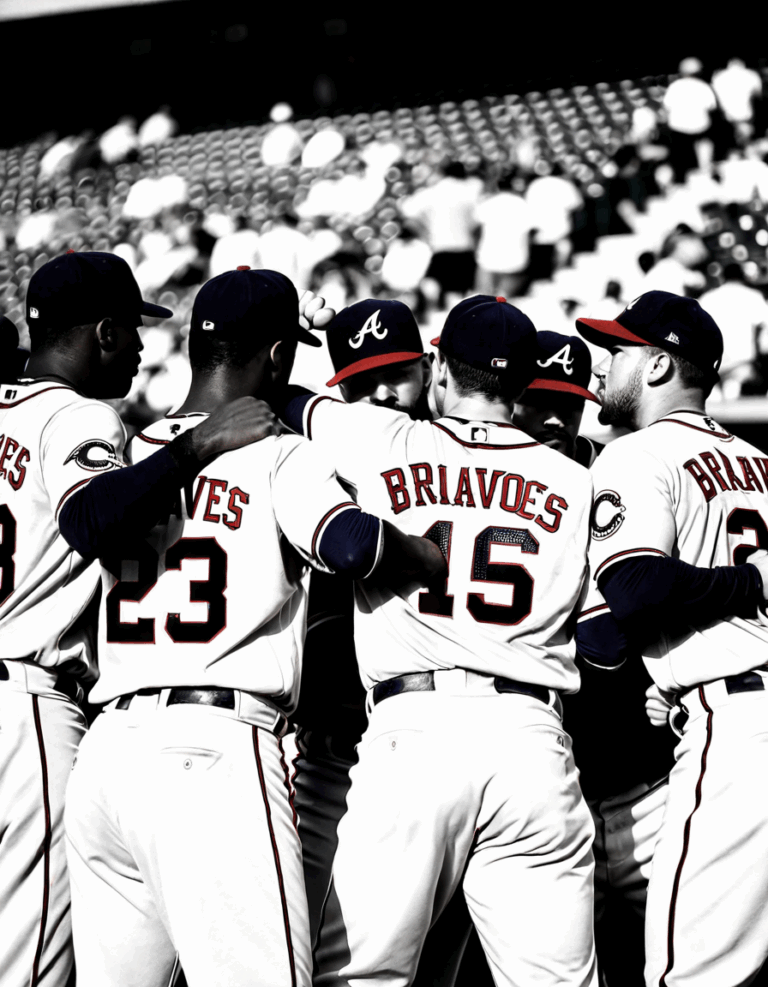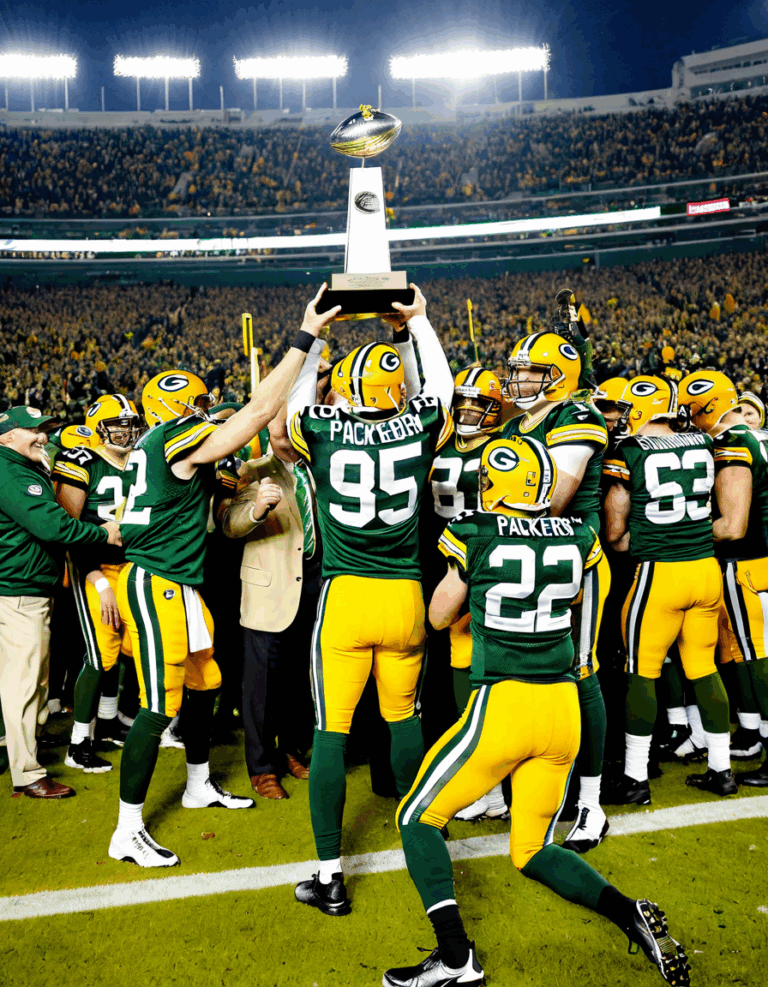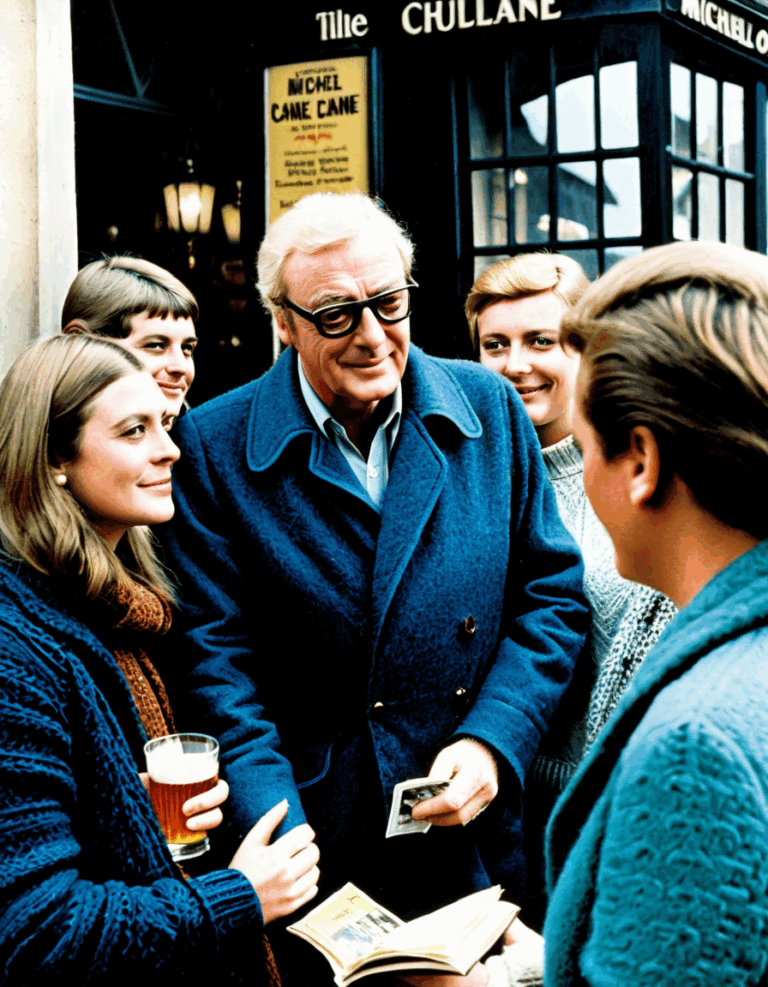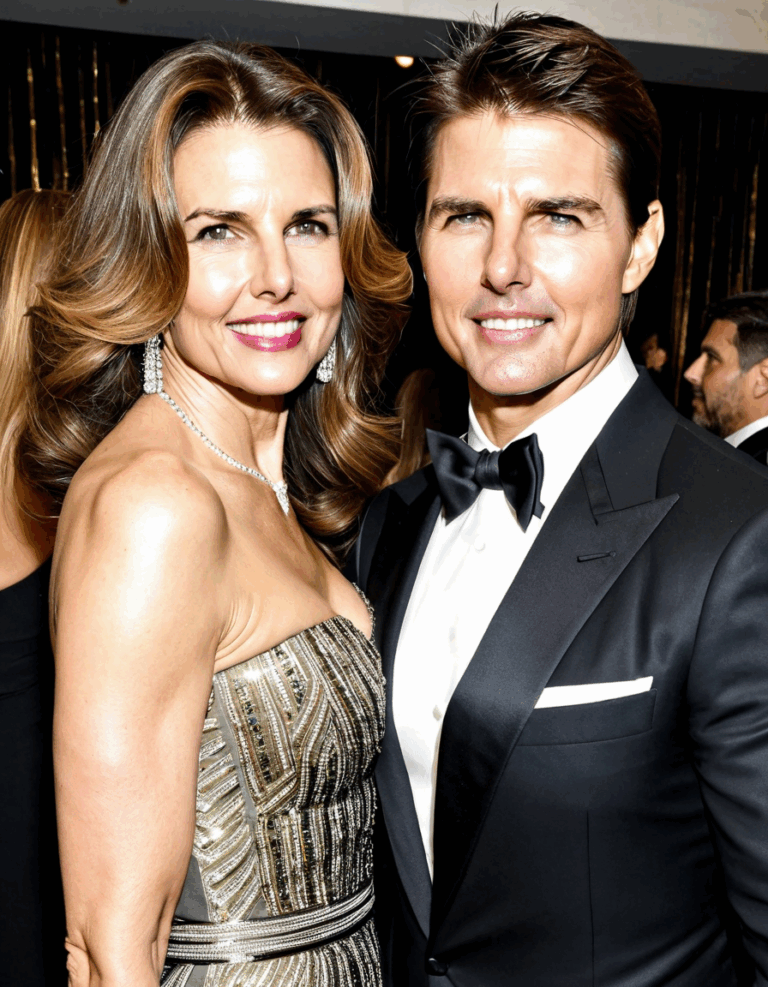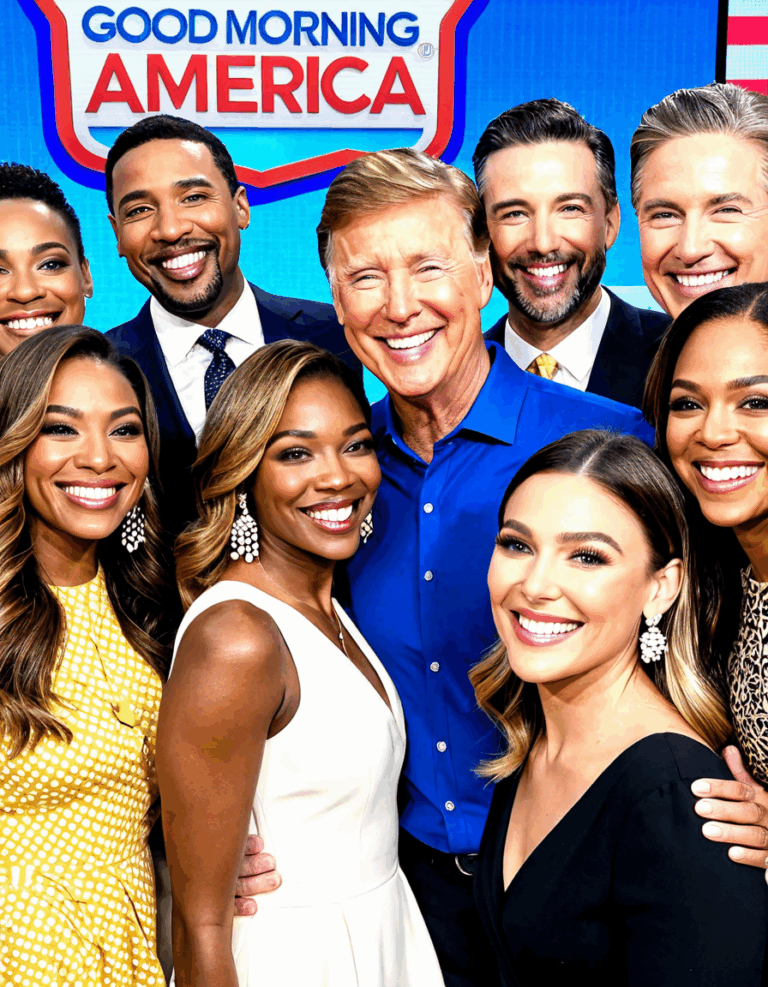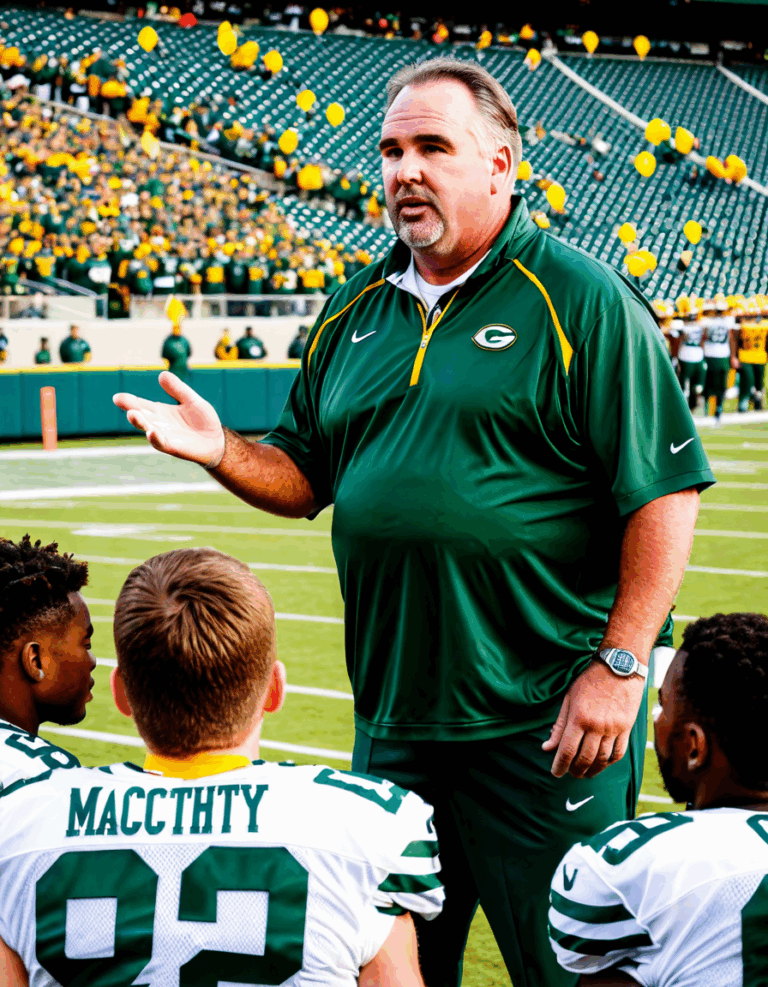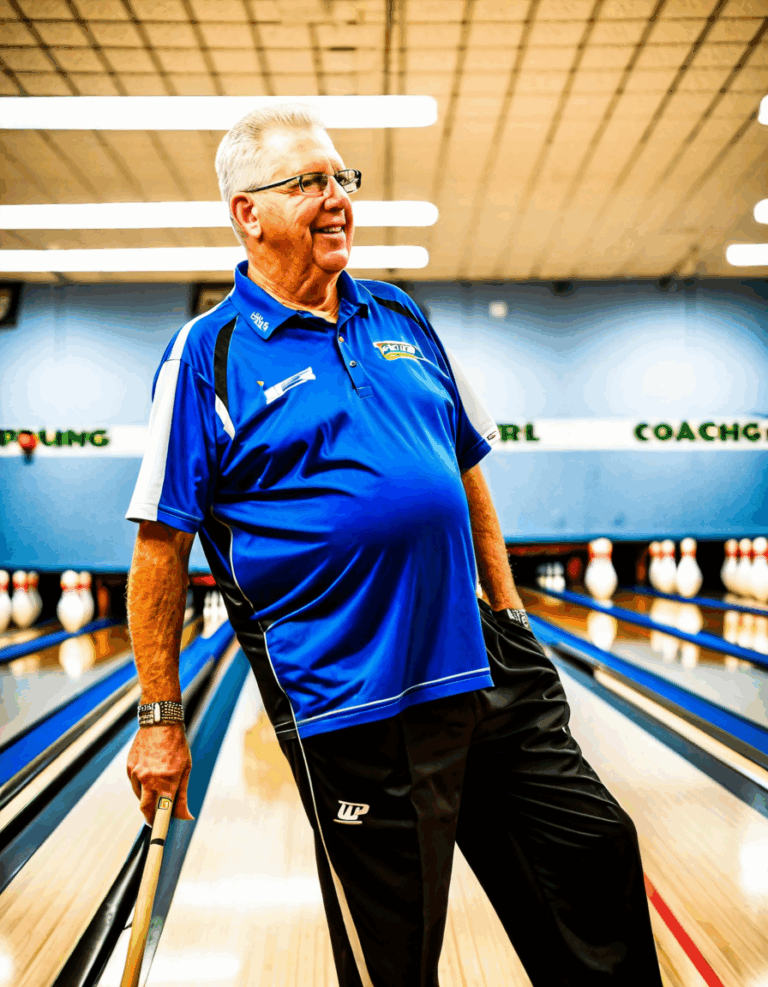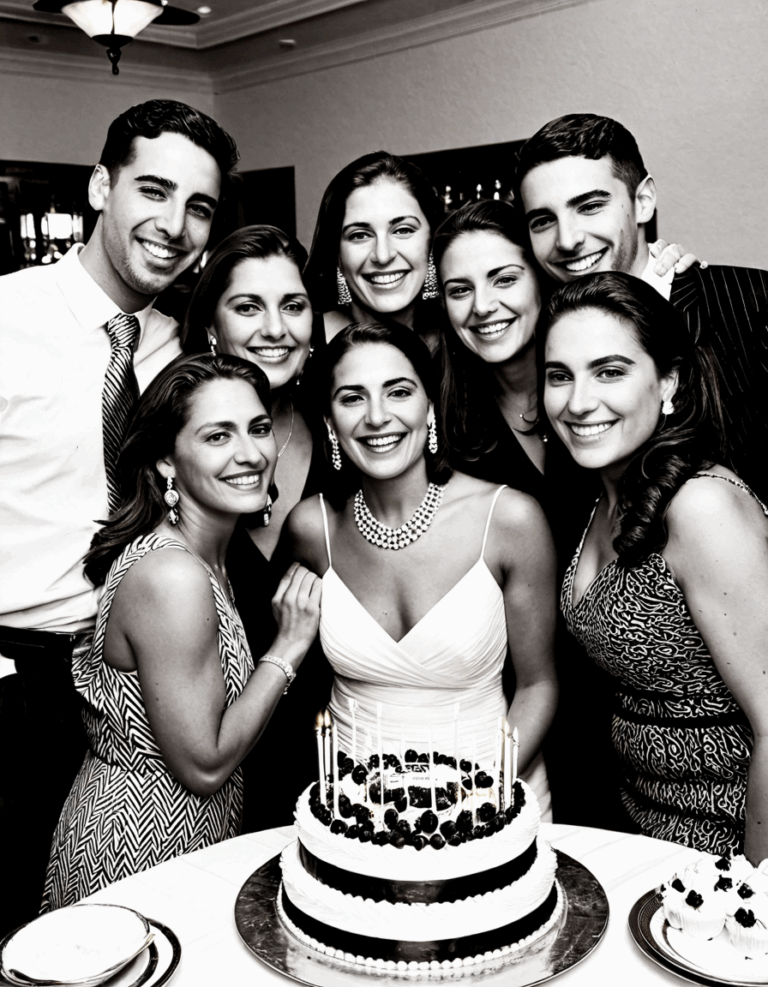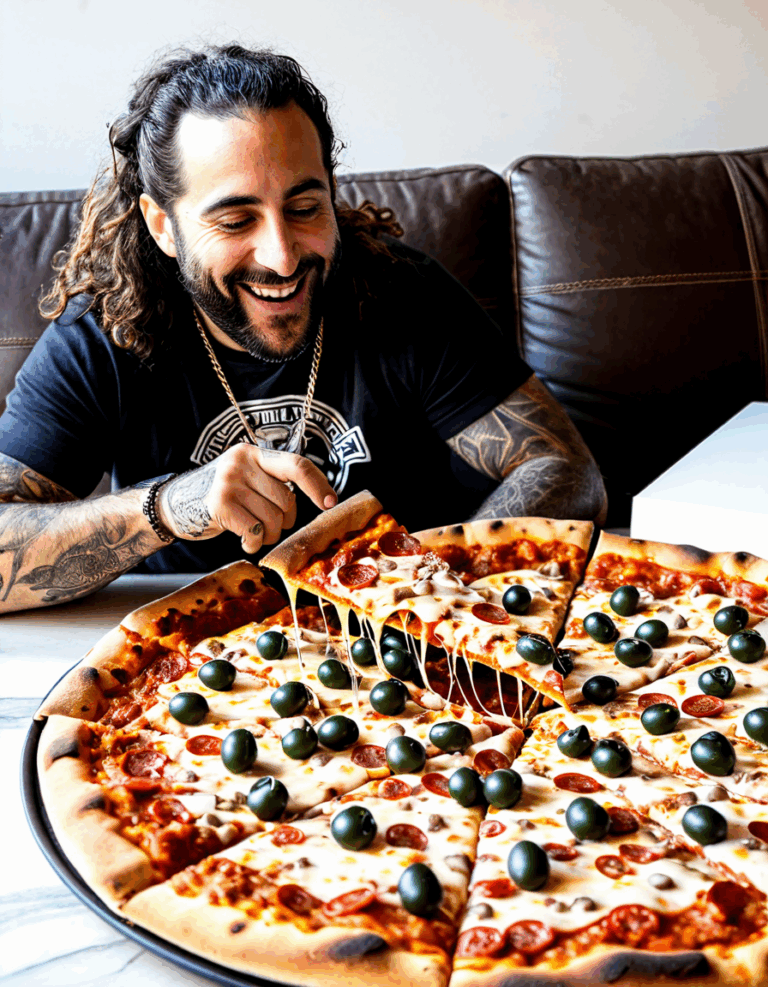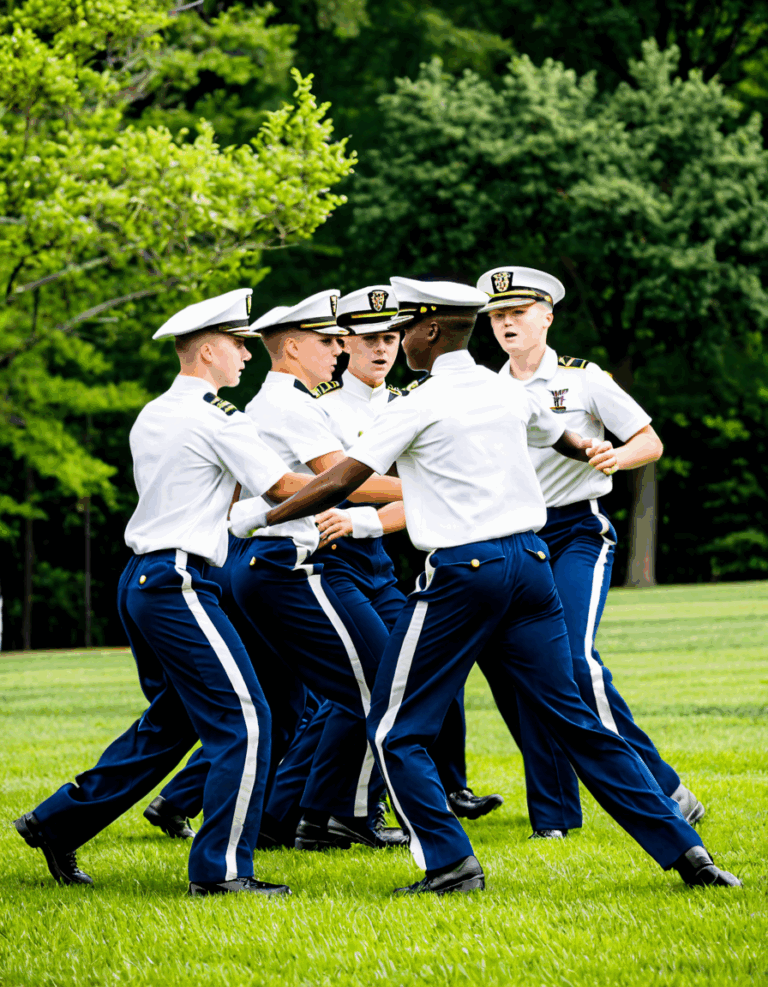The name Derek Chauvin echoes throughout the landscape of American culture today. It became synonymous with a turning point in discussions around police authority, systemic racism, and the societal winds shifting against traditional American values. Since the tragic death of George Floyd on May 25, 2020, the reaction and subsequent legal fallout have stirred nationwide debates and protests, causing many to confront the realities of current law enforcement practices. This article takes a detailed look at Chauvin—the man behind the infamous trial—and the broader implications of his actions.
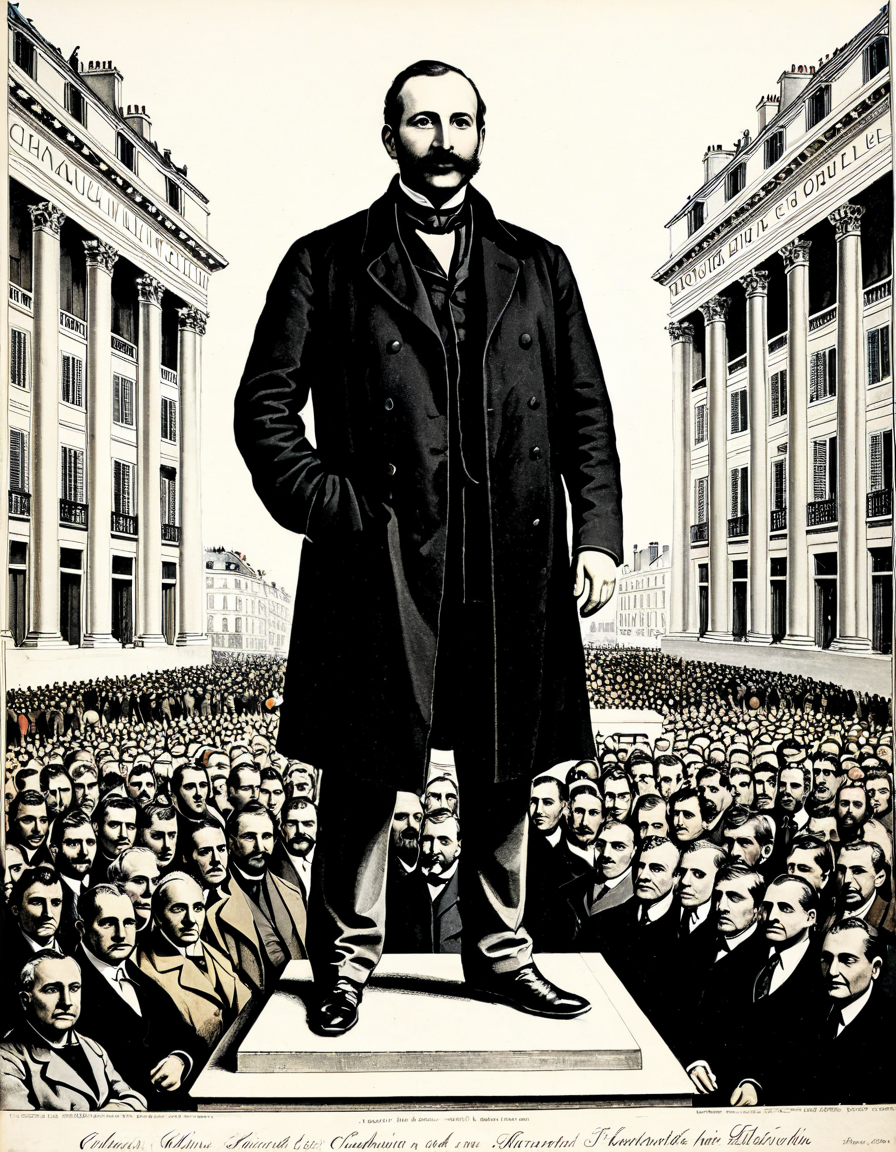
1. The Rise and Fall of Derek Chauvin: A Timeline of Events
The story of Derek Chauvin is one rooted in both the law and the growing tensions in society. Understanding the timeline of events surrounding George Floyd’s death is critical to grasp the magnitude of this trial.

2. Stakeholders and Their Perspectives: The Broader Impact of the Trial
The Chauvin trial wasn’t merely a court case; it was an event that involved various stakeholders, each with unique perspectives that shaped the public narrative around policing.
These stakeholders reveal the multifaceted implications of Chauvin’s actions—not simply a legal matter but a reflection of broader societal concerns.
3. The Media’s Role: Coverage and Controversy
When discussing Chauvin, one cannot ignore the media’s pivotal role in shaping public perception during the trial. Different outlets approached the story with contrasting narratives that influenced audience reactions.
This divergence in media representation highlights the ongoing struggles surrounding law enforcement narratives in America.
4. Discussing the Legal Implications: A Deep Dive Into the Charges
To fathom the legal ramifications surrounding Chauvin’s case, we must analyze the specific charges he faced—charges that trigger strong emotions within the public and legal communities alike.
4.1 The Role of Expert Testimony
Another significant facet of the trial involved expert testimony. Medical professionals, including Dr. Michael Baden, provided context around Floyd’s conditions and the broader implications of Chauvin’s actions. Their insights helped shine a light on how factors like drug interaction complicated the narrative surrounding police use of force.
5. Cultural Repercussions: How the Chauvin Trial Shifted Public Discourse
The trial’s fallout permeated cultural boundaries, altering public conversation around race, policing, and justice in modern America.
These cultural shifts reflect a society working through its collective consciousness on race and policing.
6. Future of Law Enforcement: Lessons and Legislative Changes Post-Chauvin
As we reflect on the ramifications of Chauvin’s trial, it’s vital to explore the practical changes now occurring in law enforcement practices and policies.
Final Thoughts: Navigating the Legacy of Derek Chauvin
Derek Chauvin’s legacy extends far beyond the courtroom. It stands as a critical conversation starter on race, justice, and the complex realities of policing in America. While we navigate the lessons learned from this case, we must remain vigilant and proactive in our discussion—ensuring all voices are recognized in our pursuit of justice. The Chauvin trial is not merely a historical tale; it is a critical moment that guides future efforts towards a more equitable system. As conversations evolve and policies shift, it’s our collective responsibility to engage meaningfully, laying the groundwork for a more just society, echoing the call for an enduring commitment to reform.
For the latest insights into similar issues and breaking updates, stay tuned to Breaking News fox and keep your ear to the ground on evolving narratives that shape our communities, as today’s news Headlines often reflect broader societal changes. As discussions continue, let’s be engaged, informed, and prepared for what lies ahead.
Chauvin: The Man Behind the Infamous Trial Story
Lesser-Known Facts About Chauvin
Derek Chauvin, the former police officer at the center of one of the most talked-about trials in recent U.S. history, plays an intriguing role in the ongoing conversation about law enforcement and justice. Did you know that Chauvin was originally trained during a time when some policing techniques were considered standard but later come under scrutiny? It’s reminiscent of how trends shift in pop culture; what was once a Lollapalooza of accepted practice can quickly turn into a topic of heated debate. Moreover, Chauvin’s case has become a pivotal point in discussions on race, justice, and police reform, prompting many to dig deeper beyond the headlines. For the latest updates on such significant topics, check out our today news headlines to stay informed.
As we delve into his backstory, it’s interesting to note that Chauvin was involved in law enforcement for nearly two decades before the incident that would change everything. Throughout his career, he had received several commendations for bravery and dedication, a fact sometimes overshadowed by his controversial actions. It’s a classic case where Bobs Your uncle—a phrase meaning something is straightforward—doesn’t apply; the situation became anything but simple. People often forget that behind the public persona are lives filled with choices, mistakes, and unforeseen consequences.
The Broader Context
Chauvin’s trial was set against a backdrop that resonated with many historical events, not the least of which was the influence of key figures like Tsar Nicholas ii. Just as history reflects on the choices of leaders, Chauvin’s decision on that fateful day sparked a nationwide dialogue on accountability and ethics within police work. How does one balance authority and community relations? It’s a conversation many can’t help but engage in, especially as society seeks meaningful reforms that acknowledge past mistakes while aiming for a more just future.
Curiously, this case also intertwined with ongoing social movements, much like the economic buzz around events such as the Ulta Black Friday sale, which draws crowds for both deals and community experiences. Just like a well-planned event where everything aligns smoothly, discussions about public trust in law enforcement necessitate collaboration and transparency. So as we reflect on Chauvin’s actions and the trial’s wider implications, we all play a part in shaping the future we desire, pushing for change and understanding amidst the complexities that lie ahead.


